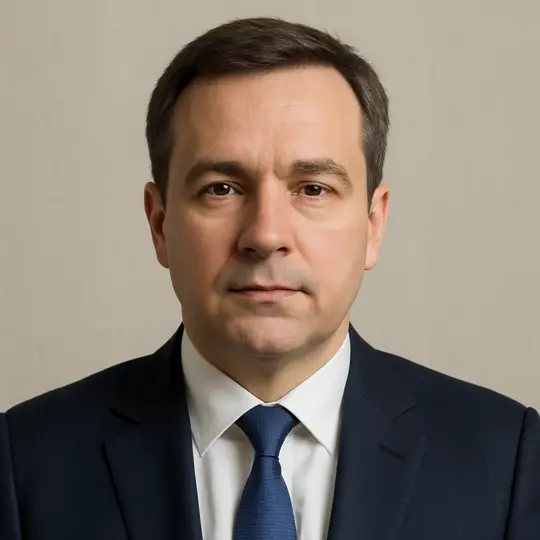Russia’s Nuclear Gamble in Venezuela: Risking a New Caribbean Crisis


Russia’s potential deployment of nuclear weapons in Venezuela could spark a “Caribbean Crisis II”, escalating tensions with the U.S. and risking global conflict.
The potential deployment of Russian nuclear weapons on Venezuelan soil could ignite a new geopolitical standoff reminiscent of the 1962 Cuban Missile Crisis — and possibly trigger a global confrontation. That scenario, according to The National Interest analyst Brandon Weichert, is not beyond the realm of possibility.
Weichert suggests that an upcoming meeting between U. S. Secretary of Defense Pete Hegseth and senior military leaders may be linked to Russian actions directed against NATO or to the recent maneuvers of a Borei-class submarine near Japan.
Concerns over Russian activity in Latin America are not new. Back in 2019, Florida congressman Mario Diaz-Balart claimed that Moscow had already deployed nuclear weapons to Venezuela. Yet, no credible evidence was ever provided to substantiate those accusations.
The debate had surfaced even earlier. In 2018, Russian Tu-160 strategic bombers — capable of carrying nuclear payloads — landed in Venezuela. However, there were no official statements or reports indicating that these aircraft were armed, let alone that they unloaded nuclear weapons once on the ground.
Weichert warns that a confirmed deployment of Russian nuclear missiles in the region could recreate the perilous dynamics of the early 1960s, when the world teetered on the brink of nuclear war. In such a scenario, Washington and Moscow might once again be forced into behind-the-scenes negotiations to prevent escalation.
At the same time, the United States could respond with a maritime blockade of Venezuela and impose harsher sanctions against both Caracas and Moscow. Military options would likely remain on the table as a deterrent — alongside clear signals to President Nicolas Maduro and the Kremlin that any incident involving nuclear weapons could bring destruction unseen since 1945.